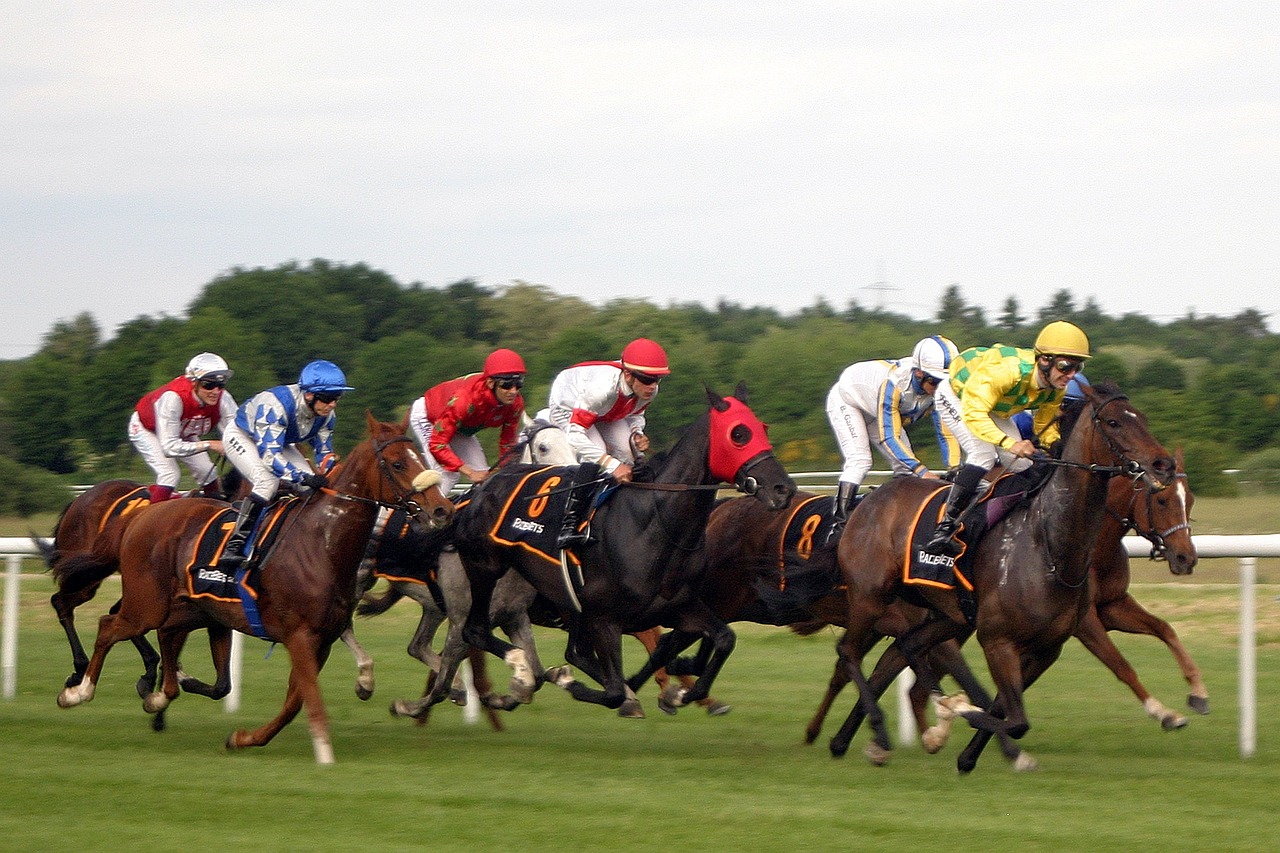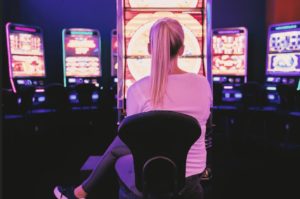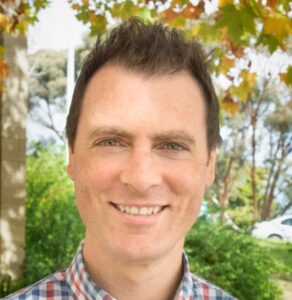
Major sporting events are when many of us have a casual flutter but for some people regular poker machine gambling or online sports and other forms of betting may become a habit.

To help people at risk, a new study led by Flinders University academic Dr Ben Riley, from South Australia’s Statewide Gambling Therapy Service, is calling on friends and family of heavy gamblers to take part in an early intervention project in SA – specifically when a gambler is resistant to help or in denial of their problem.
Despite sharp increases in the cost of living, recent research indicates gambling expenditure has returned to pre-COVID levels.
“We know that most gamblers experiencing gambling harm don’t seek help, often because there is a lot of stigma and often they deny their problem,” says study coordinator Dr Riley, who is seeking more people to take part in the new study.
The new research aims to test an innovative approach to support heavy gamblers before a gambler reaches crisis point.

A previous study found fewer than 10 per cent of people with a gambling problem seek help, and when they do it is often after they reach crisis point and significant harm has been endured.
The study, funded by Flinders Foundation, is a family intervention model with strategies developed through recent research that supports people living with a heavy gambler who is resistant to seeking help or in denial about their problem.
The study differs from most gambling support programs, which focus on supporting the gambler and their family when the gambler enters treatment or is trying to quit.
Researchers are calling for participants to take part in the clinical study, that provides up to six sessions with a therapist to guide participants through strategies to help their family member before they reach crisis point.
People living in regional and metropolitan South Australia are encouraged to participate in the study, with sessions delivered either in-person or via telehealth.
To be eligible for the study, participants must be over 18 years old and living with, or in close contact with, a close relative, friend or partner who has a gambling problem and is resistant to seeking help.
Eligible participants will receive an honorarium $50 gift card after their first set of questionnaires is completed and they have attended a first appointment, and a second gift card after completing a second set of questionnaires three months later.
Acknowledgements: This work was funded by Flinders Foundation and approved by the Southern Adelaide Clinical Research Ethics Committee.








